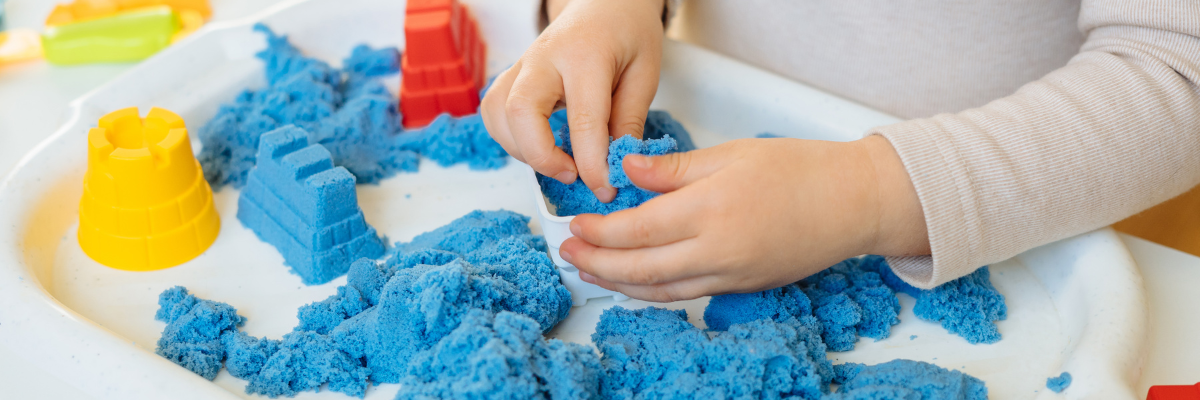Get ready for a holiday season filled with joy and excitement!
Christmas is just around the corner, and that means it’s time to start thinking about the perfect toys for the little ones in your life. Toys aren’t just about fun; they’re a gateway to imagination, creativity, and developing skills. Toys play a powerful role in child development by enhancing a wide range of skills in fun and engaging ways.
Cognitive Development Toys: Best Picks for Christmas that Boost Brainpower
Puzzles, building blocks, and educational games help kids practice problem-solving, spatial awareness, and logical thinking. Toys that encourage sorting, matching, or memory exercises also boost cognitive abilities.
Toys for Fine and Gross Motor Skills: Top Christmas Gifts for Active Play
Toys that involve grasping, stacking, and balancing—like blocks, action figures, and ride-ons—help improve fine and gross motor skills. These activities strengthen muscle control, coordination, and agility.
Best Social and Emotional Development Toys for Christmas 2024
Toys that encourage sharing, turn-taking, or role-play—such as dolls, board games, and pretend-play sets—allow kids to practice empathy, teamwork, and communication. These experiences are essential for social and emotional development.
Toys to Foster Language and Communication Skills This Christmas
Reading toys, storytelling sets, and interactive games with audio components help expand vocabulary and encourage communication. Toys that prompt children to describe, ask questions, or follow instructions further support language development.
Top Toys for Creativity and Imagination: Christmas Gifts for Young Innovators
Open-ended toys, like art supplies, dress-up costumes, and pretend-play sets, allow kids to explore their imaginations freely. This fosters creativity, self-expression, and cognitive flexibility, all of which are essential for innovative thinking.
Emotional Development Toys: Christmas Ideas for Nurturing Empathy and Self-Expression
Through imaginative play, children process emotions, practice self-regulation, and learn to empathize with others. Toys that mimic real-life scenarios, such as dolls or play kitchens, provide a safe space for emotional expression and exploration.
Your Ultimate Guide to the Best Christmas Toys for Every Age and Interest
Bring joy to your holiday season with toys kids will love! From educational building sets to group game boards and sensory fidgets, our toy recommendation has something special for every age and interest.
How Can Carolina Therapy Help?
At Carolina Therapy, we’re here to make your holiday shopping easier with an amazing list of toys and games recommended by our experienced therapists. Our team has carefully curated options for all ages, designed to support development, encourage creativity, and bring endless joy to playtime. Check out our Amazon storefront to find the best toys for this Christmas season—each chosen to help children grow, learn, and thrive!





